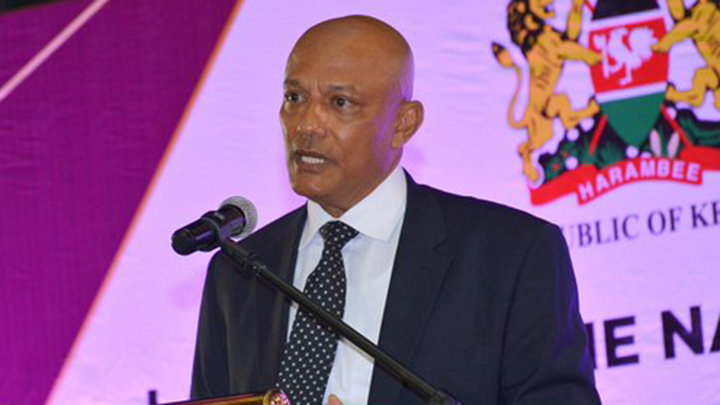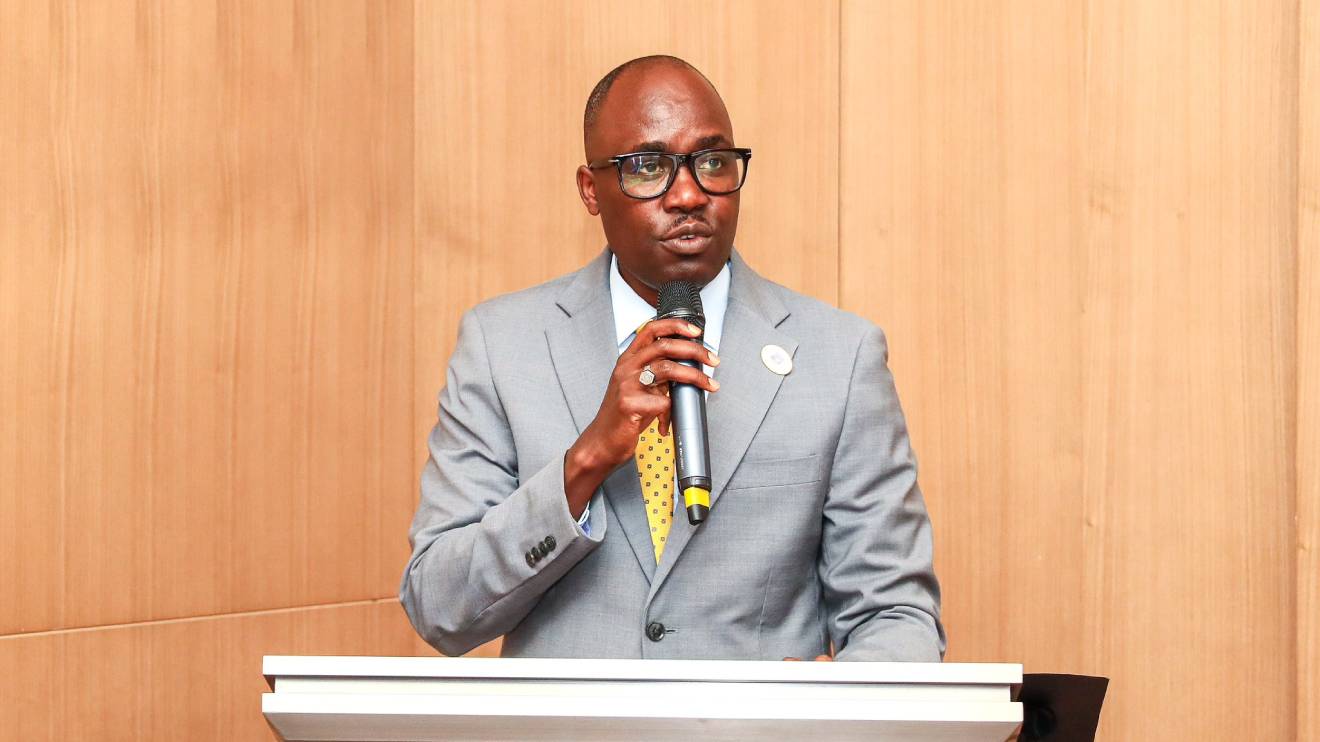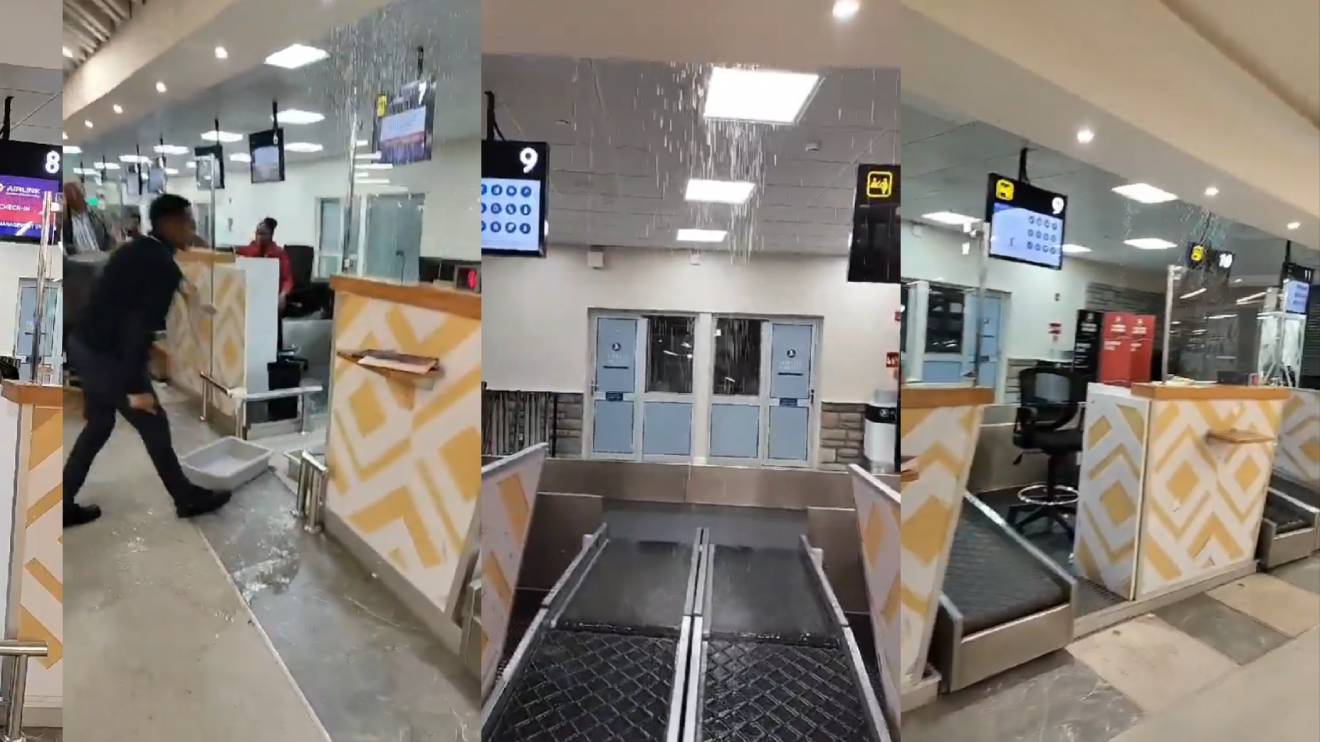The Ethics and Anti-Corruption Commission (EACC) has taken a unique approach to tackle the rampant issue of public servants acquiring employment using fake academic credentials.
In a bid to recover illegally acquired funds, the agency is offering amnesty to those who come forward and return all salaries earned through their irregularly obtained positions.
This move comes after a Public Service Commission audit unearthed a staggering number of over 2,000 fake academic and professional certificates used to secure government jobs.
The amnesty program particularly targets the North Rift region, where EACC investigations revealed a significant number of such cases.
"We have recently discovered a large number of civil servants in this region who have been drawing salaries for years using forged academic documents," said Japheth Baithalu, North Rift EACC Regional Manager.
Read More
"We are appealing to these employees to surrender the illegally earned salaries. In return, we will forgive them and withdraw any pending cases against them."
While expressing concern over the misuse of public funds, Baithalu emphasized EACC's willingness to utilize the Alternative Justice System (AJS).
This system allows suspects to repay the government the stolen salaries in exchange for leniency.
This initiative follows a recent directive issued by EACC CEO Twalib Mbarak, instructing government agencies to withhold payments to individuals who have abruptly resigned or opted for early retirement amidst investigations into fake academic credentials.
Public institutions at both county and national levels are required to halt such payments until investigations are concluded.
"Our primary objective is to reclaim all public resources acquired illegally," explained Baithalu. "While prosecution is an option, our focus lies in recovering the stolen funds, as incarceration alone does not achieve that."
This announcement by EACC signifies a shift towards a results-oriented approach in tackling corruption.
By offering amnesty and utilizing the AJS, the commission hopes to recover significant amounts of stolen public funds while potentially deterring future occurrences of such irregularities.









-1714232911.jpeg)

